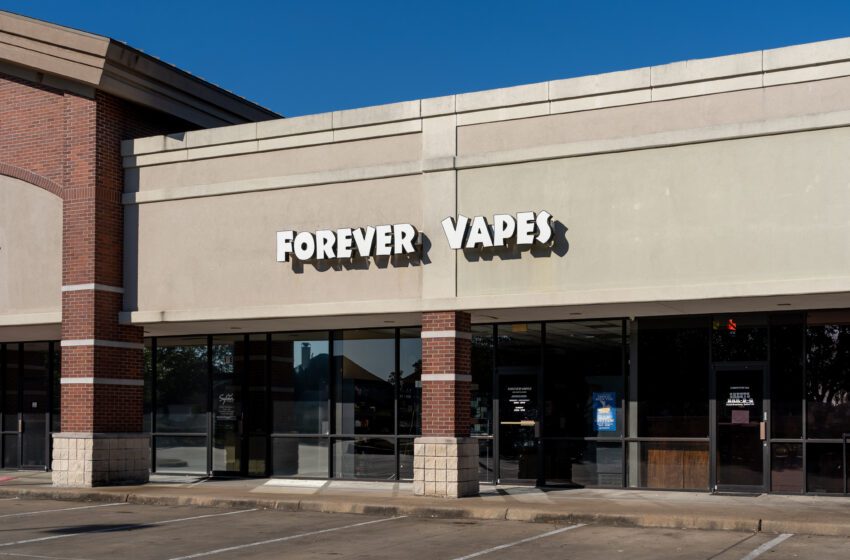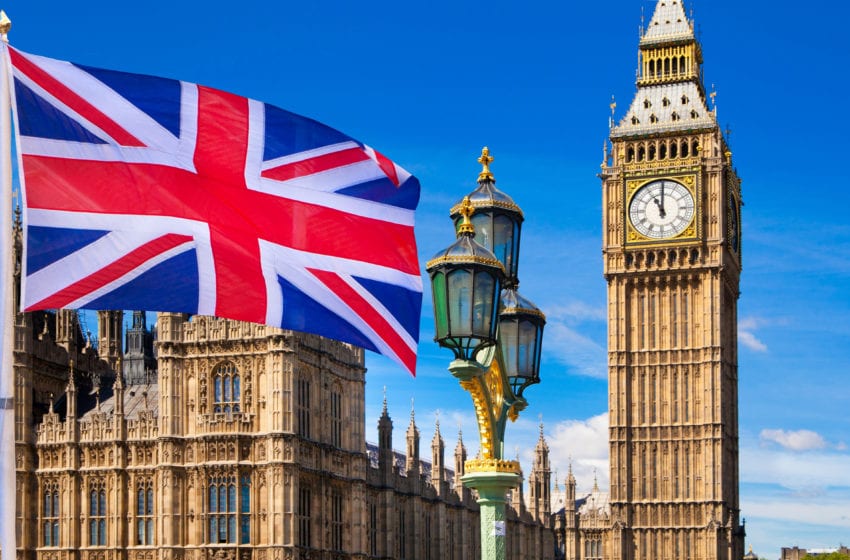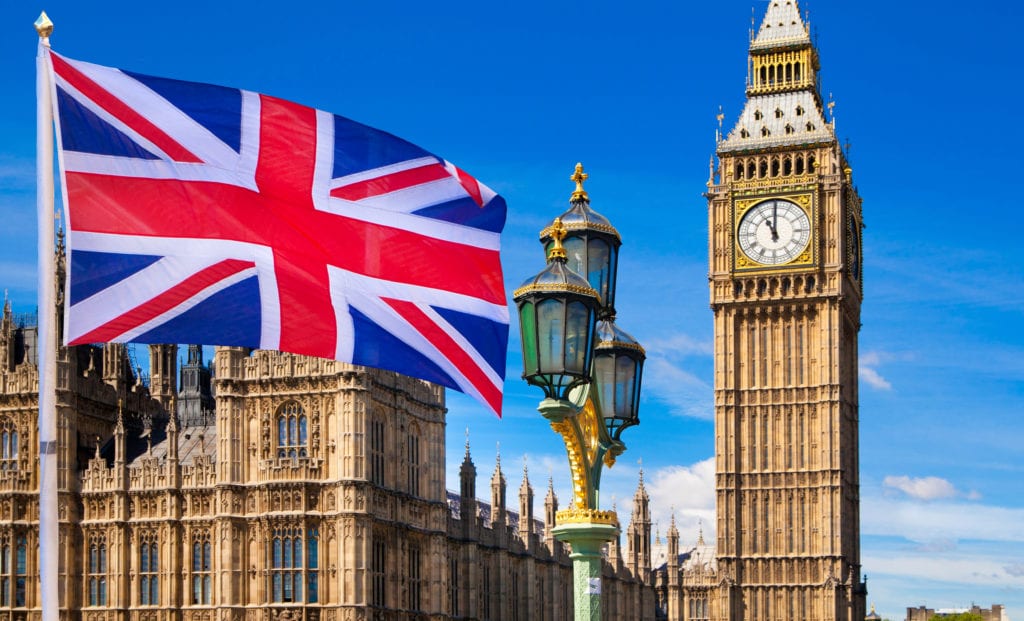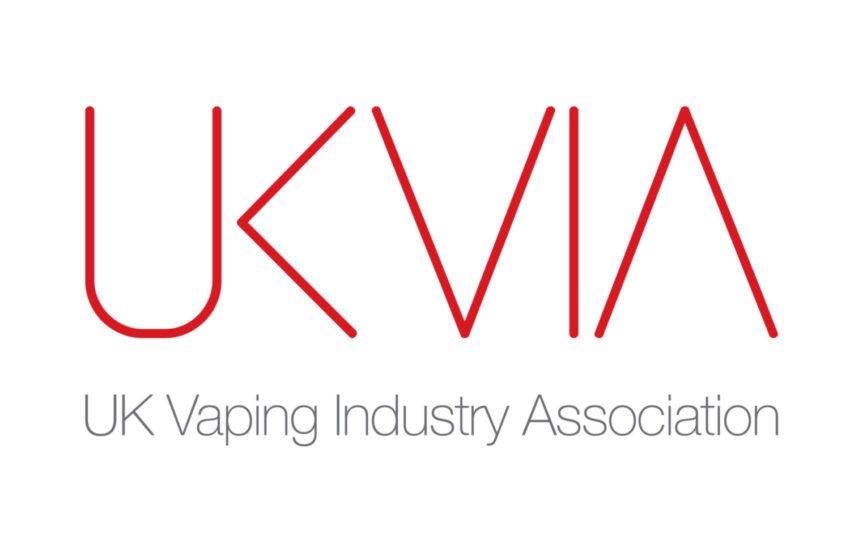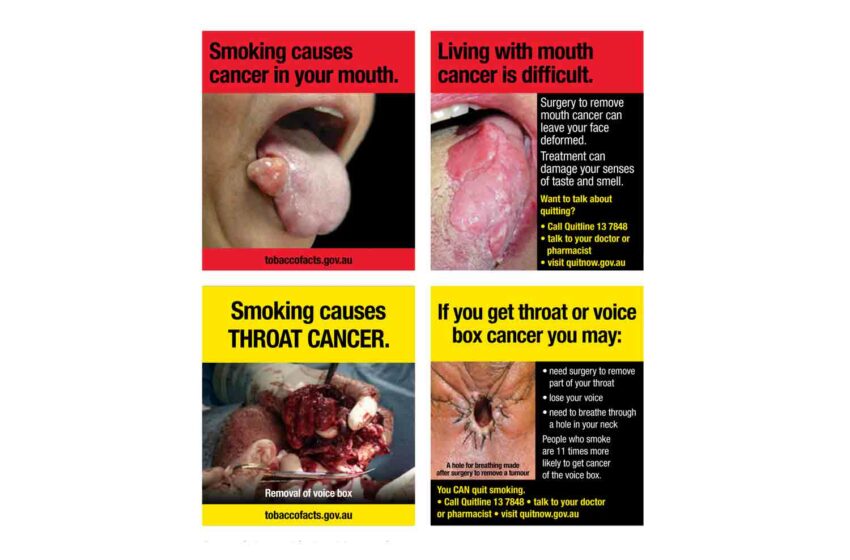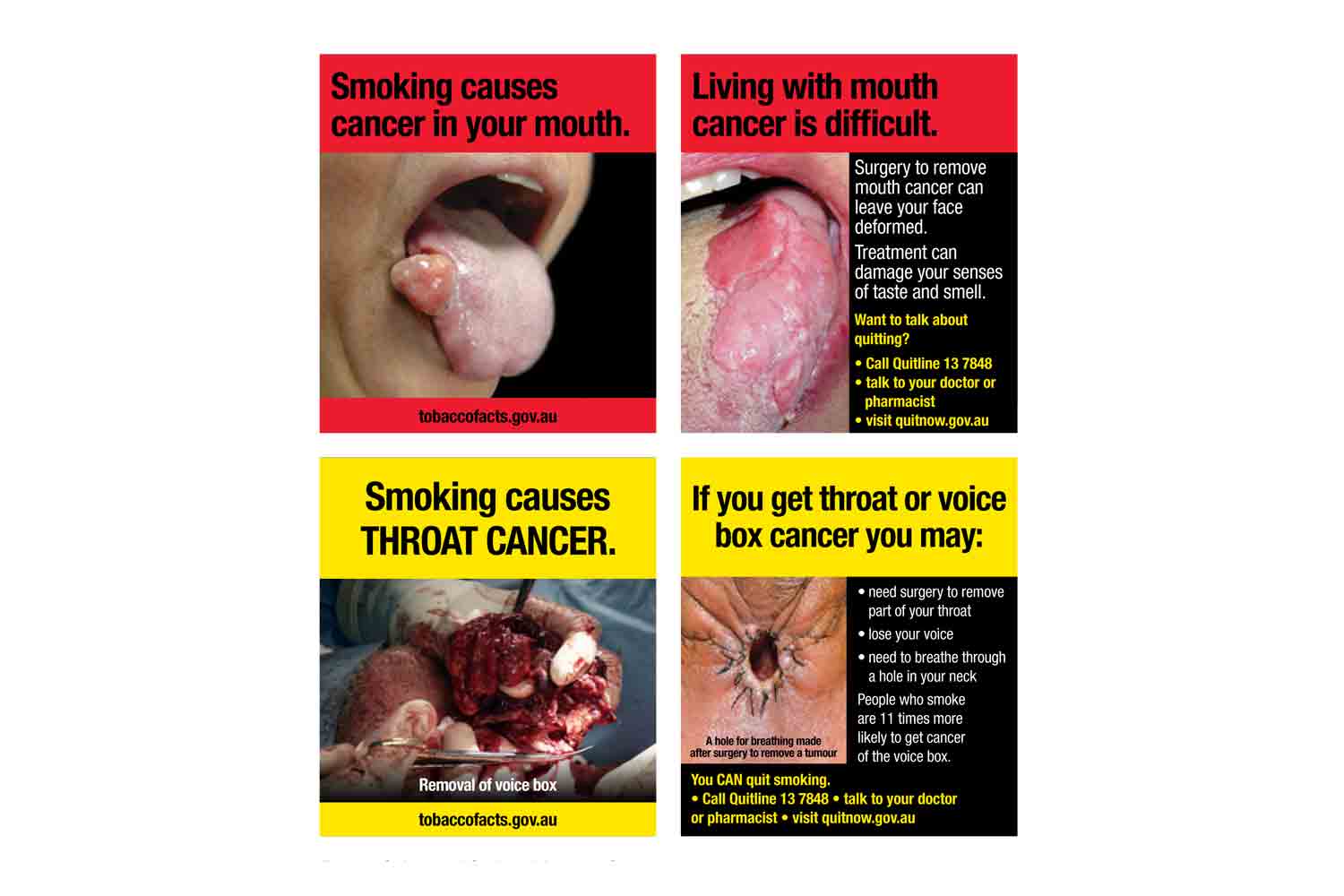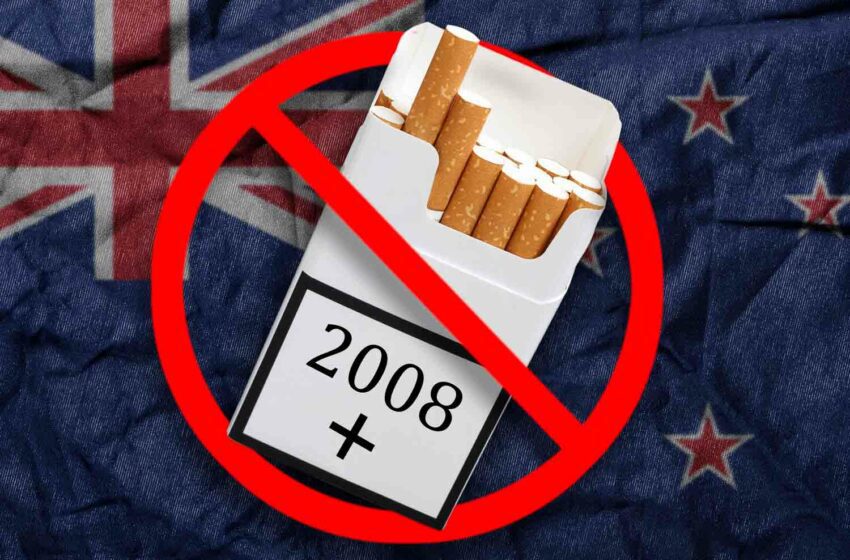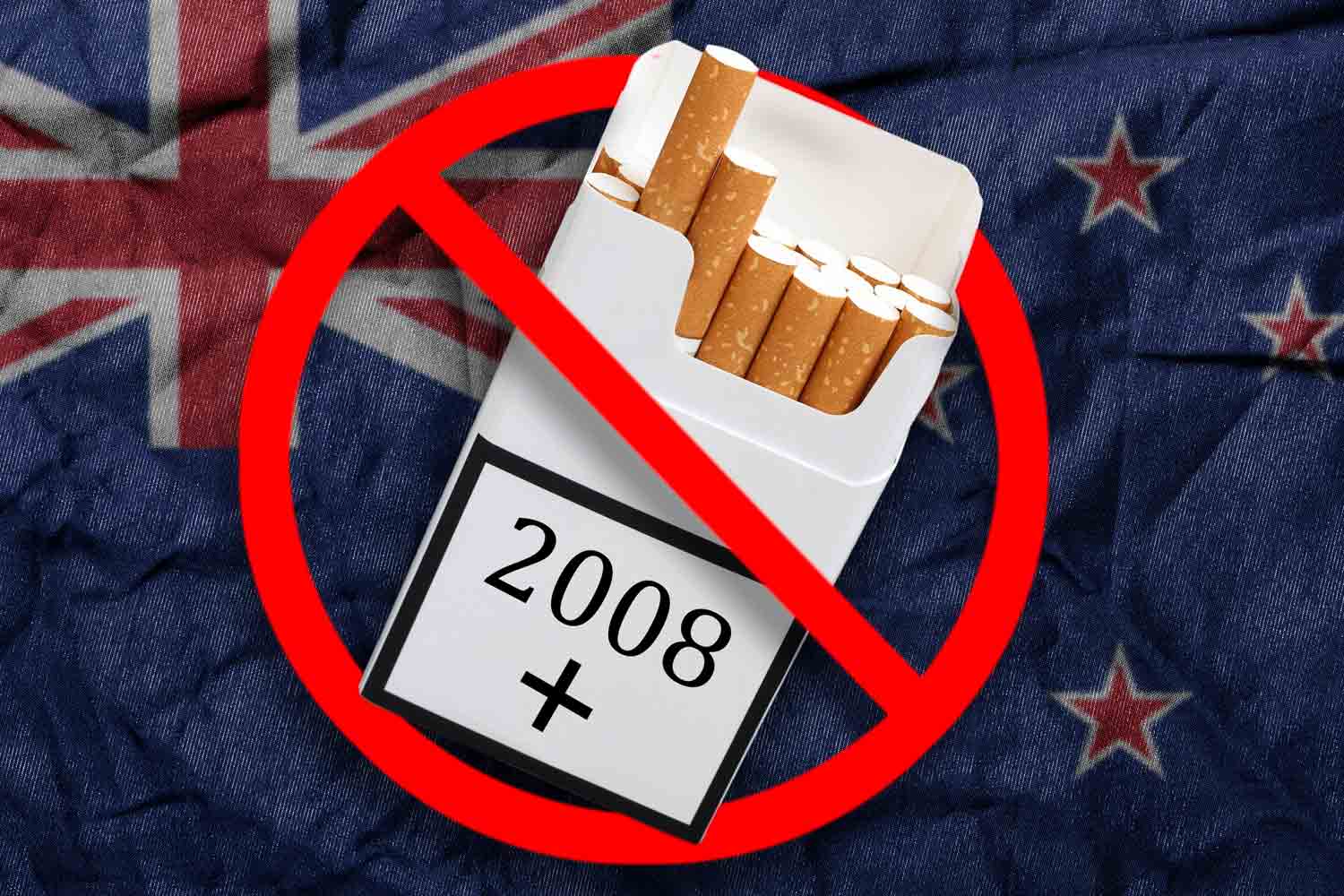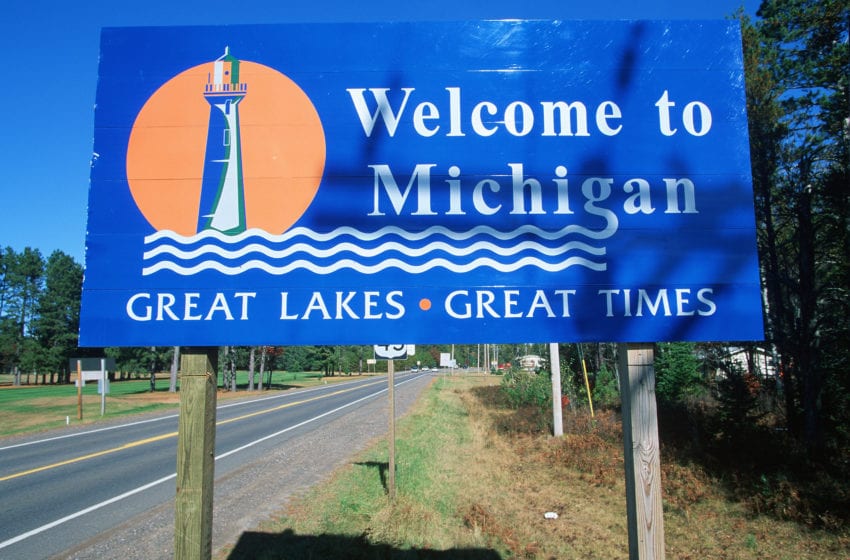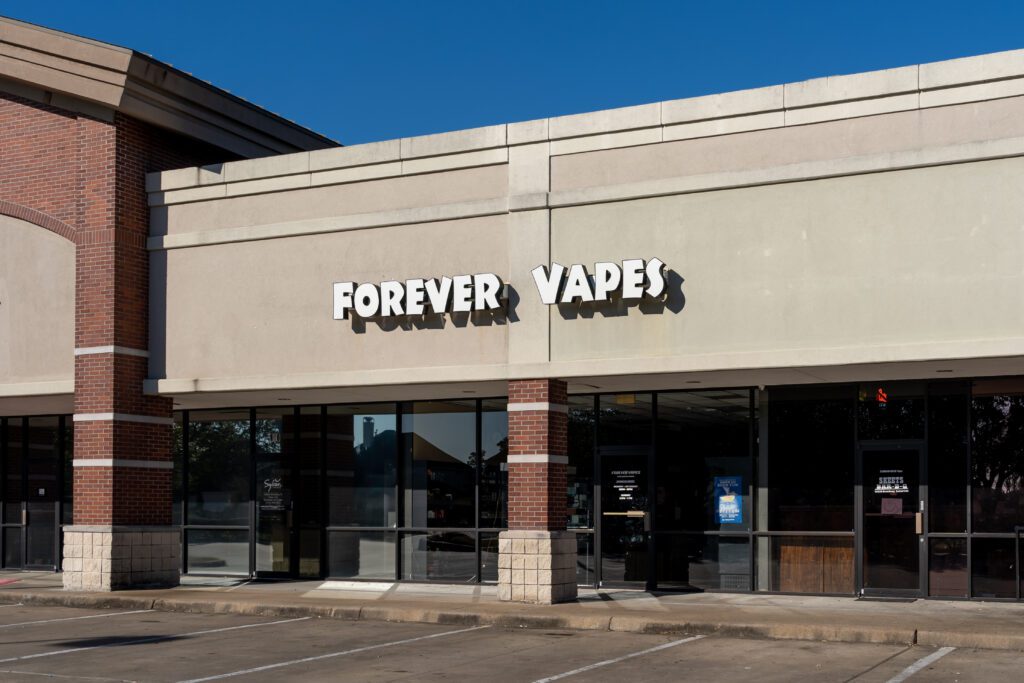
Beginning Jan. 1, 2024, it will be a crime in Texas to market, advertise, sell or cause to be sold an e-cigarette product in certain containers that are designed to appeal to minors.
“It is illegal to sale e-cigarettes to minors — these products are dangerous and most contain nicotine, heavy metals and cancer-causing materials — yet these products are intentionally designed to attract minors,” Texas Comptroller Glenn Hegar said. “Texas has taken action to deal with this kind of deceptive marketing and I greatly appreciate the partnership with retailers across this state to help us protect one of our most vital resources: our children.”
House Bill 4758 states any person commits a Class B misdemeanor that can lead to civil and criminal penalties if they market, advertise, sell or cause to be sold an e-cigarette product and the product’s container meets any of the following criteria:
- depicts a cartoon-like fictional character that mimics a character primarily aimed at entertaining minors;
- imitates or mimics trademarks or trade dress of products that are or have been primarily marketed to minors;
- includes a symbol that is primarily used to market products to minors;
- includes an image of a celebrity; or
- includes an image that resembles a food product, including candy or juice.
A violation can result in a Class B misdemeanor conviction punishable by up to 180 days in jail, a fine up to $2,000, or both. E-cigarette retailers also can face civil penalties up to $3,000 and a permit suspension or revocation for repeat violations.
The Comptroller’s office and partnering agencies perform inspections for signage and employee compliance concerning the sale, possession and use of cigarettes, e-cigarettes and tobacco products, according to a press release.

